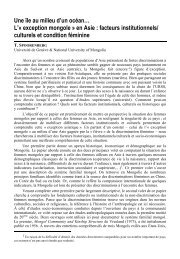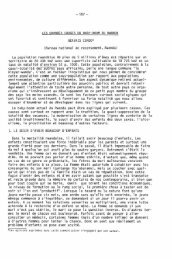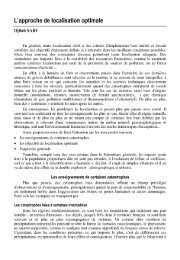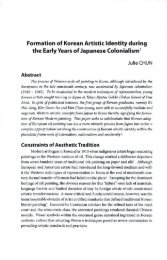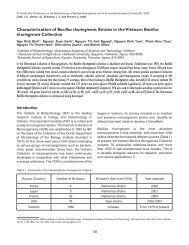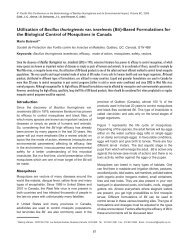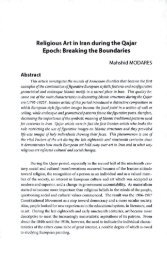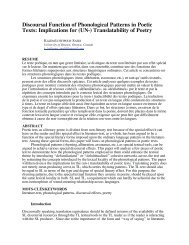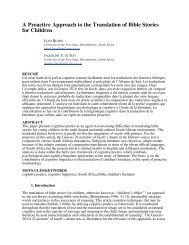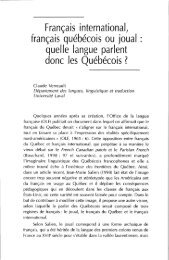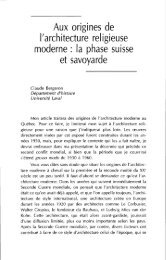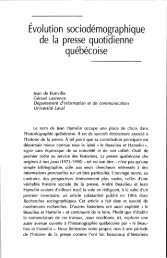PBL as a New Pedagogical Approach for Translator Education
PBL as a New Pedagogical Approach for Translator Education
PBL as a New Pedagogical Approach for Translator Education
Create successful ePaper yourself
Turn your PDF publications into a flip-book with our unique Google optimized e-Paper software.
LEWIN, K. (1951): Field Theory in Social Sciences, <strong>New</strong> York, Harper & Row.<br />
LUCONI, F and D. TABATABAI (1999): Searching the Web: Expert-Novice Differences in a Problem Solving Context,<br />
Quebec, The <strong>Education</strong>al Resources In<strong>for</strong>mation Center.<br />
MARCHIONINI, G. (1995): “In<strong>for</strong>mation seeking in electronic environments. Cambridge series on Human-computer<br />
models”, International Journal of Man-Machines Studies 30, p. 591-618.<br />
RAFTERY, J. J., A. A. C. CHEUNG, Y. H. CHIANG, C. W. STANLEYY and F. M. F. MA (2001): “The Student<br />
Experience of Problem-b<strong>as</strong>ed Learning in Real Estate Studies”, in KEMBER, D., S. CANDLIN and L. YAN (eds.):<br />
Further c<strong>as</strong>e studies of improving teaching and learning from the Action Learning Project, Hong Kong, Action<br />
Learning Project.<br />
RUMPRADIT, C. (1998): From novices to experts: User Per<strong>for</strong>mance, confidence and satisfaction on the World Wide<br />
Web, Baltimore, Association of In<strong>for</strong>mation Systems.<br />
SEGUINOT, C. (1998): “Knowledge, expertise, and theory in translation”, in CHESTERMAN, A. et al. (ed.):<br />
Translation in Context, Amsterdam/Philadelphia, John Benjamins Publishing company.<br />
SO, K. S., K. H. YEUNG, T. K. ALBERT and K. VOLK (2001): “Introducing Problem-B<strong>as</strong>ed Learning to Teacher<br />
<strong>Education</strong> Programmes”, in KEMBER, D., S. CANDLIN and L. YAN (eds.): Further c<strong>as</strong>e studies of improving teaching<br />
and learning from the Action Learning Project, Hong Kong, Action Learning Project.<br />
STEPIEN, W. and S. GALLAGHER (1993): “Problem-b<strong>as</strong>ed learning: As authentic <strong>as</strong> it gets”, <strong>Education</strong>al Leadership,<br />
April, p.25-28.<br />
TANG, G. Y. N. and B. S. C. MAK (2001): “Learning Investment through Simulated Practical Experience”, in<br />
KEMBER, D., S. CANDLIN and L. YAN (eds.): Further c<strong>as</strong>e studies of improving teaching and learning from the<br />
Action Learning Project, Hong Kong, Action Learning Project.<br />
TSUI, A. (2003): Understanding Expertise in Teaching: c<strong>as</strong>e studies of second language teachers, Cambridge, <strong>New</strong><br />
York, Cambridge University Press.<br />
VYTOTSKY, L. S. (1987): Mind in Society: The development of the higher psychological processes, Cambridge, MIT<br />
Press.<br />
WOODS, D. R. (1994): Problem-b<strong>as</strong>ed Learning: How to Gain the Most from <strong>PBL</strong>, Waterdown, Donald. R. Woods.



